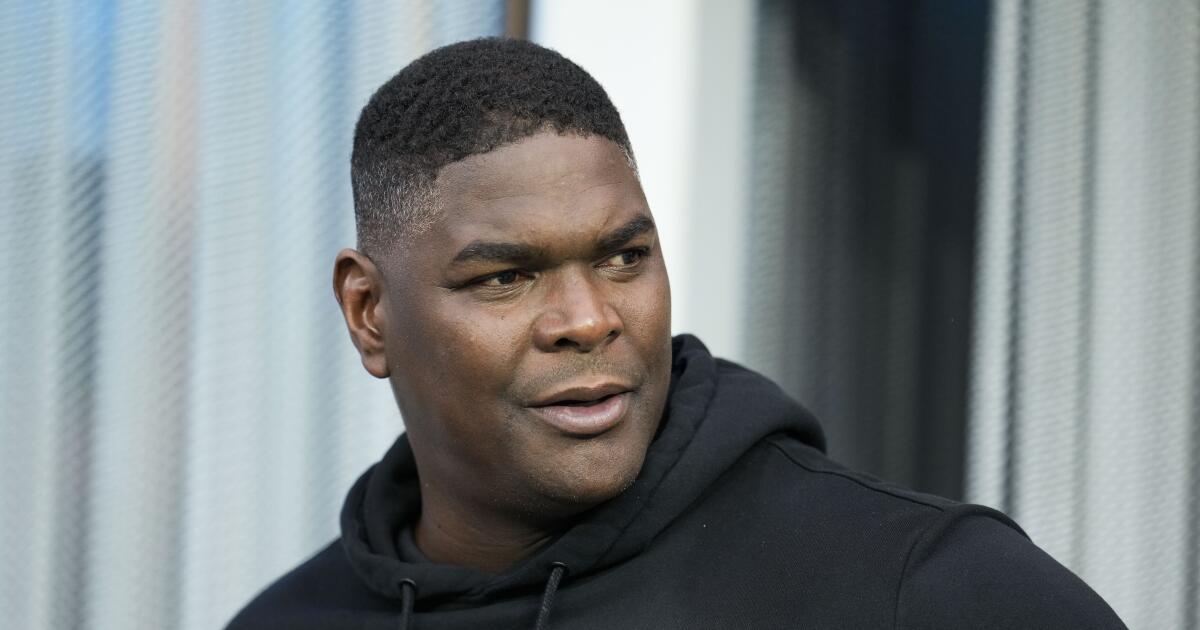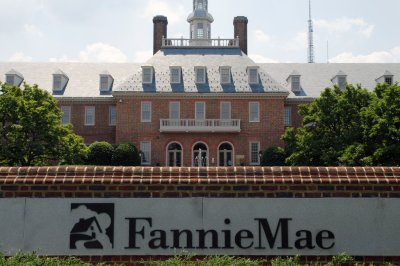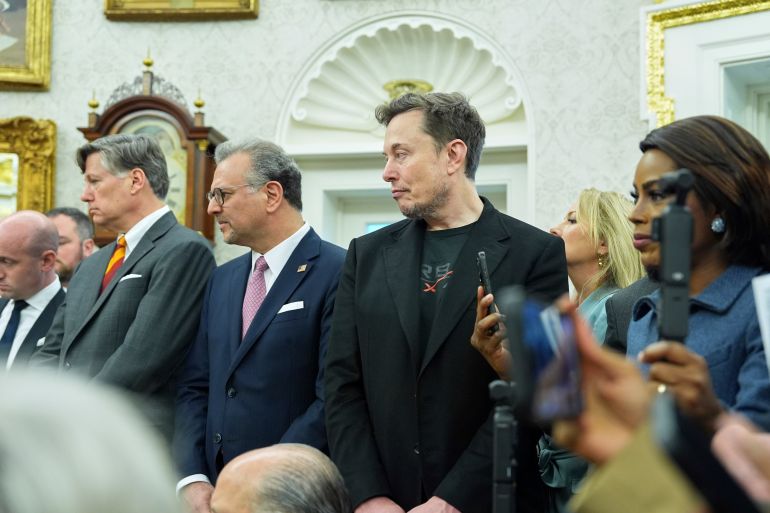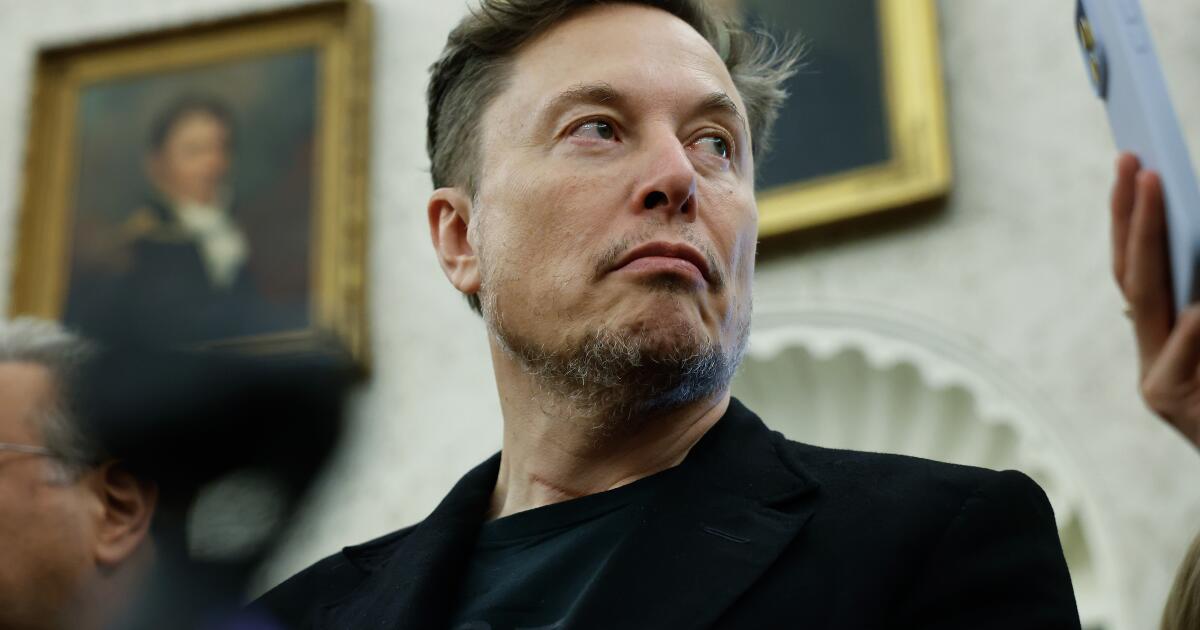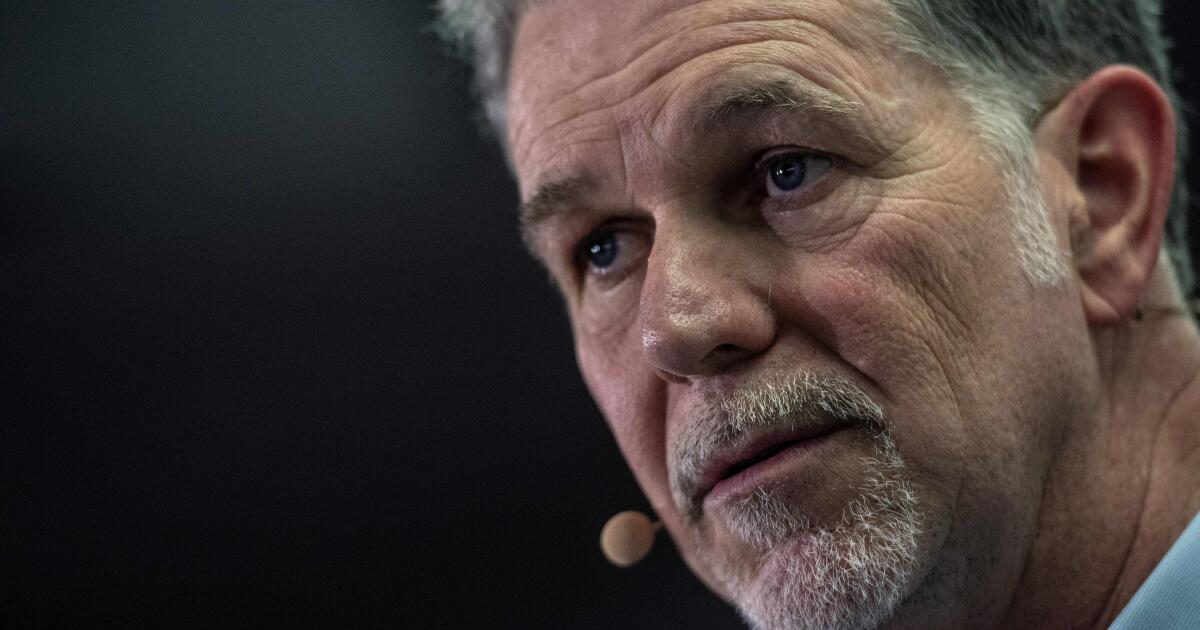The actors playing Harry, Ron, and Hermione in the new Harry Potter HBO show have been announced as the magical story gets a TV reboot thanks to American broadcaster HBO
The announcement of the lead cast for HBO’s upcoming Harry Potter reboot has sparked a wave of excitement from the fandom, but it hasn’t come without controversy. As the wizarding world prepares to welcome a new generation of Hogwarts students, some long-time fans are voicing frustration over one major issue.
Harry Potter still doesn’t have green eyes. Dominic McLaughlin has been cast as the Boy Who Lived in the new TV adaptation, with Arabella Stanton and Alastair Stout playing Hermione Granger and Ron Weasley respectively. The young trio are stepping into the iconic roles that were made famous by Daniel Radcliffe, Emma Watson and Rupert Grint in the original eight-film series.
While many were excited to hear the casting announcement, a number of fans took to social media to express their disappointment that once again Harry Potter’s most mentioned physical trait in the books has been overlooked.
One fan on Instagram asked: “PS Where’s the green-eyed kid for Harry?” Another commented: “Even after 25 years, they couldn’t find a kid with green eyes to play Harry.”
The criticism stems from the books’ constant emphasis on Harry’s green eyes, which are supposed to be a key link to his mother, Lily Potter. Many avid fans of the original novels feel that without this detail, certain key scenes don’t make sense, such as Snape admitting he is hard on Harry because his eyes remind the professor of his former love.
A third fan hit out: “Physical traits matter. I can’t believe we’re getting another Harry with brown hair and blue eyes despite the author constantly pointing out his defining features as jet black hair and green eyes.”
Someone else who spoke out in defence of Hermione’s casting grumbled: “Our boy Harry on the other hand is never gonna get represented properly with black hair and green eyes. Brown and blue are apparently close enough.”
The same issue came up during the original films, when Daniel Radcliffe was cast as Harry despite having blue eyes. According to a behind-the-scenes video featuring producer David Heyman, the star initially tried wearing green contact lenses while the first film was being shot, but had an allergic reaction to them and had to give up.
Despite the backlash, JK Rowling has voiced her support for the new cast. She responded to a fan wishing the actors well on social media saying: “All three are wonderful. I couldn’t be happier.”
As an executive producer on the series, Rowling was reportedly involved in the casting process. The upcoming HBO series is being billed as a “faithful adaptation” of the beloved books, with each season dedicated to a single novel.
Showrunner Francesca Gardiner and director Mark Mylod have also spoken highly of the cast in a joint statement, saying: “The talent of these three unique actors is wonderful to behold, and we cannot wait for the world to witness their magic together onscreen.”
They added: “We would like to thank all the tens of thousands of children who auditioned. It’s been a real pleasure to discover the plethora of young talent out there.”
Like this story? For more of the latest showbiz news and gossip, follow Mirror Celebs on TikTok , Snapchat , Instagram , Twitter , Facebook , YouTube and Threads .

